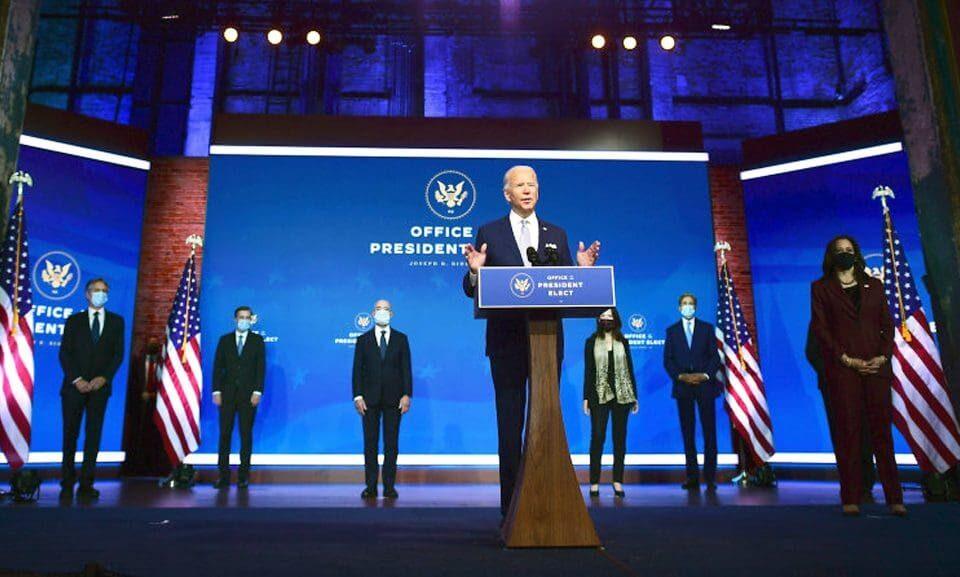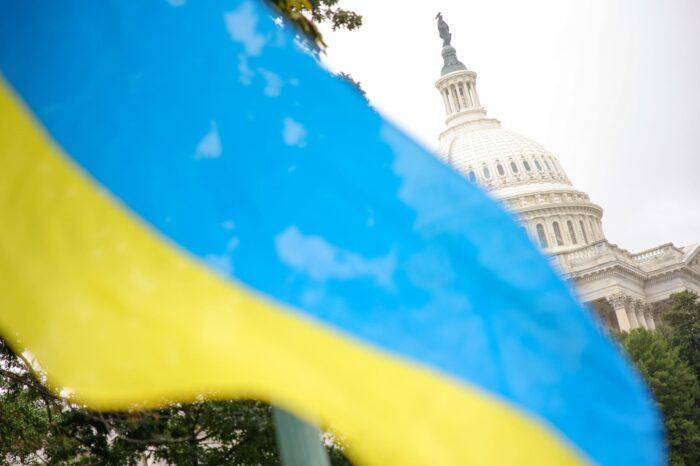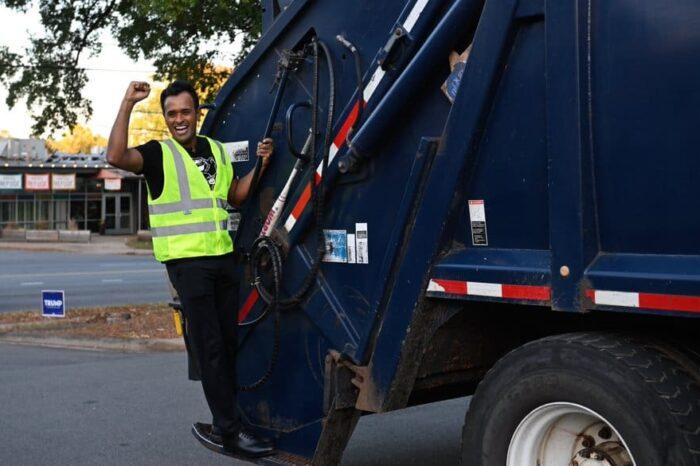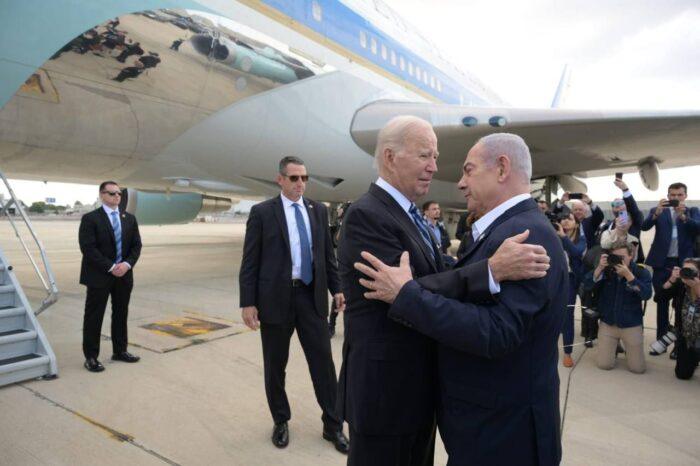How can his new Cabinet help President-elect Biden?

U.S. President-elect Joe Biden is forming his Cabinet, and there has been a flurry of analysis about the names he nominated for key positions. The candidates, their backgrounds and previous experiences demonstrate that Biden is planning to follow a different form of presidency in the next four years.
First, some of the critical names including Janet Yellen, who has been nominated to be secretary of the treasury and Anthony Blinken, who has been nominated to be secretary of state, both have already had previous critical positions in the government.
Yellen was the former chair of the economic advisers at the White House between 1997 and 1999 and chair of the Federal Reserve (Fed) between 2014 and 2018. Similarly, Blinken also served as deputy secretary of state between 2015 and 2017 and as deputy national security advisor between 2013 and 2015.
These previous positions made them somewhat familiar with the bureaucracy in their departments. This would mostly eliminate the orientation time needed for a candidate with no previous interactions with these bureaucracies.
Biden constantly reiterates that his administration will be ready to run the affairs of the state from day one and his choice of these names has probably something to do with this commitment.
Secondly, the previous experience of these names with the bureaucracies will also help to establish better relations between bureaucracies and the secretaries. During the Trump administration, there were serious problems within the different agencies.
Especially during Rex Tillerson’s tenure as secretary of state, some high-level bureaucrats left the department. Now with the new names, Biden is attempting to end the discord between the secretaries and the bureaucracy in the agencies.
Through these names, Biden may also try to restore some of these institutions. Of course, it will be really important to see the interaction of the National Security Council and the State Department. During both the Barack Obama and Trump administrations, the increasing centralization of foreign policy at the White House in some instances generated discord and lack of coordination between these two agencies.
The fact that the new National Security Advisor Jake Sullivan and Blinken had a working relationship for the last several years may end this problem for foreign policy decision making and implementation.
Finally, the names nominated by Biden also had previous experience in engaging in worldwide diplomatic interactions and negotiations. Yellen, as the chair of the Fed, made herself familiar to the heads of central banks and economy bureaucracies around the world. She frequently attended summits and played a critical role during the global economic recovery from the 2008 economic crisis.
Similarly, both Sullivan and Blinken played critical roles in some of the key foreign policy areas as envoys, mediators and negotiators. Their previous experience and familiarity with international diplomatic interactions will make it easier for them to engage in foreign policy-making with U.S. allies around the world.
It is still not clear how Biden will allocate his time between domestic and foreign policy. The COVID-19 pandemic, economic crisis and the divided state of American society will make him focus on internal matters.
Biden will, however, also try to bring his own doctrine on U.S. foreign and economic relations. He seems to bring people on board that could make this process of international engagement in the midst of domestic crises as smooth as possible.
This article was first published by Daily Sabah on December 5, 2020.























